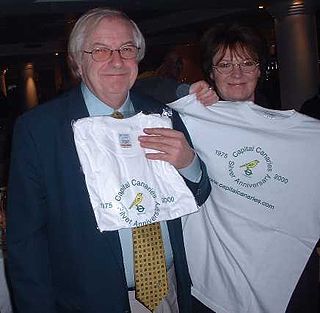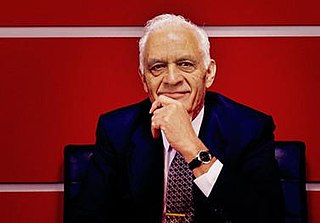A Quote by Yotam Ottolenghi
If I am honest, my food is actually quite far removed from both the food of my mother and my father.
Related Quotes
If there was ever a food that had politics behind it, it is soul food. Soul food became a symbol of the black power movement in the late 1960s. Chef Marcus Samuelsson, with his soul food restaurant Red Rooster in Harlem, is very clear about what soul food represents. It is a food of memory, a food of labor.
Hunger makes you restless. you dream about food - not just any food, but perfect food, the best food, magical meals, famous and awe-inspiring, the one piece of meat, the exact taste of buttery corn, tomatoes so ripe they split and sweeten the air, beans so crisp they snap between the teeth, gravy like mother's milk singing to your bloodstream.
My father once said there's a correlation between a nation's cuisine and its people: England, nice people, nasty food; France, nice food, nasty people; Spain, nice people, nasty food; Italy, nice people, nice food; and Germany, nasty food, nasty people. And I've always thought that there must be something terribly wrong with the German character - and that there is, really.







































